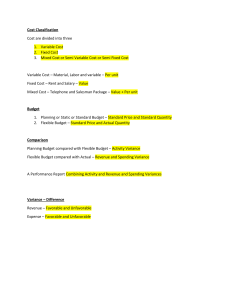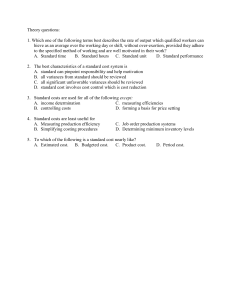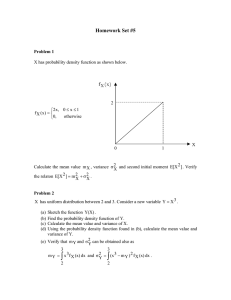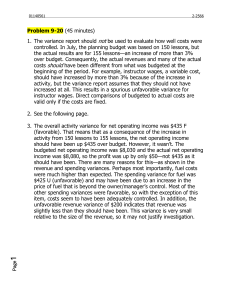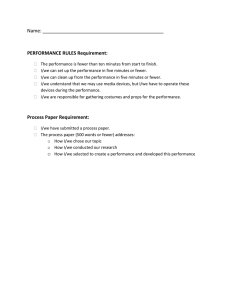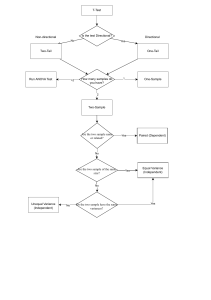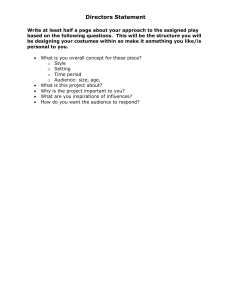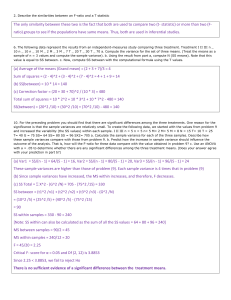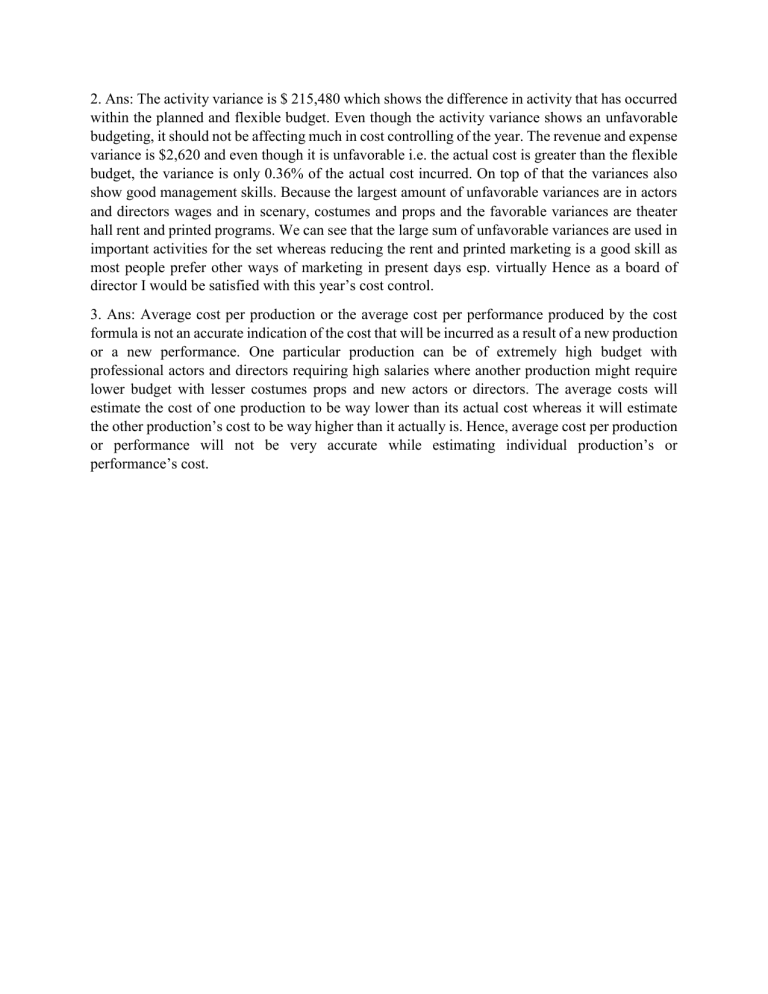
2. Ans: The activity variance is $ 215,480 which shows the difference in activity that has occurred within the planned and flexible budget. Even though the activity variance shows an unfavorable budgeting, it should not be affecting much in cost controlling of the year. The revenue and expense variance is $2,620 and even though it is unfavorable i.e. the actual cost is greater than the flexible budget, the variance is only 0.36% of the actual cost incurred. On top of that the variances also show good management skills. Because the largest amount of unfavorable variances are in actors and directors wages and in scenary, costumes and props and the favorable variances are theater hall rent and printed programs. We can see that the large sum of unfavorable variances are used in important activities for the set whereas reducing the rent and printed marketing is a good skill as most people prefer other ways of marketing in present days esp. virtually Hence as a board of director I would be satisfied with this year’s cost control. 3. Ans: Average cost per production or the average cost per performance produced by the cost formula is not an accurate indication of the cost that will be incurred as a result of a new production or a new performance. One particular production can be of extremely high budget with professional actors and directors requiring high salaries where another production might require lower budget with lesser costumes props and new actors or directors. The average costs will estimate the cost of one production to be way lower than its actual cost whereas it will estimate the other production’s cost to be way higher than it actually is. Hence, average cost per production or performance will not be very accurate while estimating individual production’s or performance’s cost.
